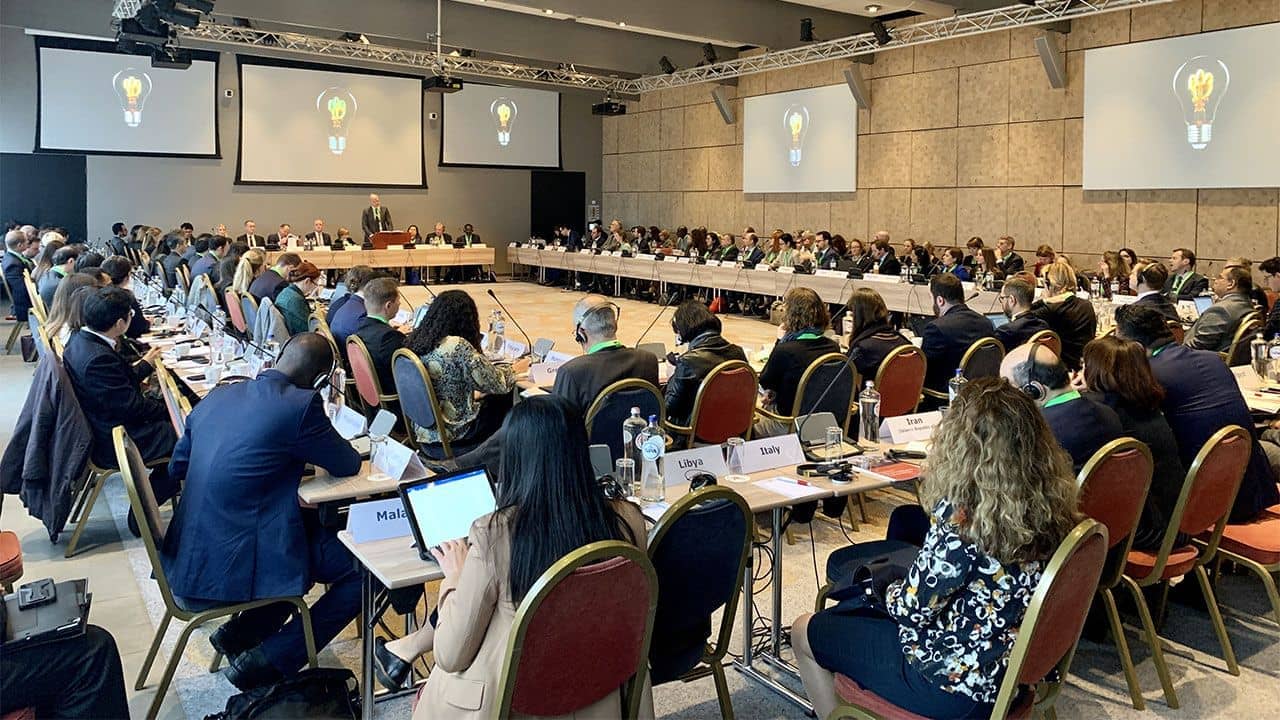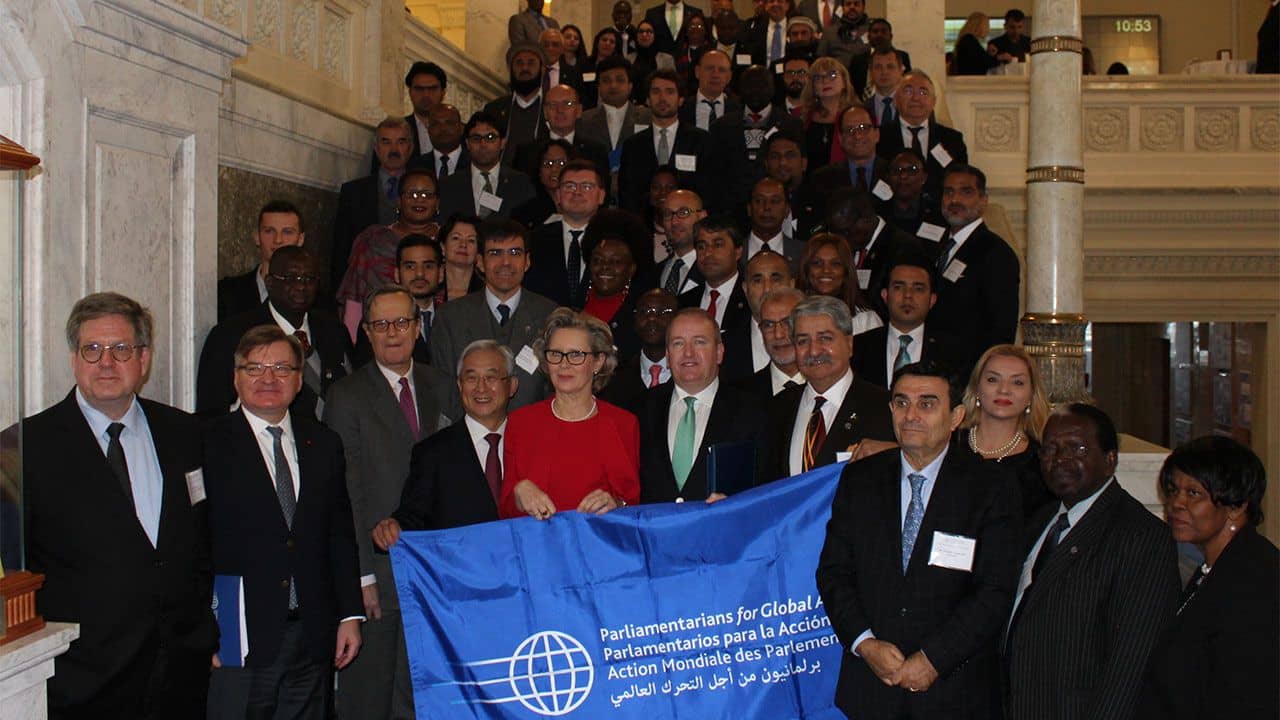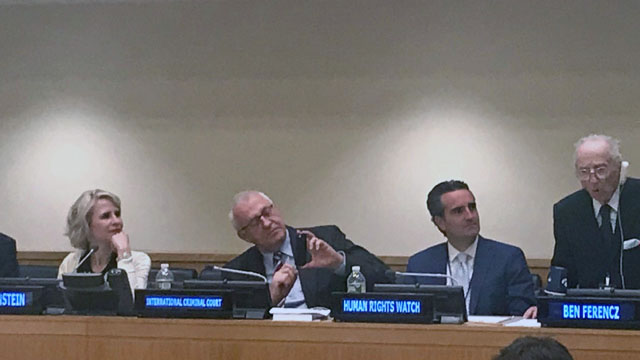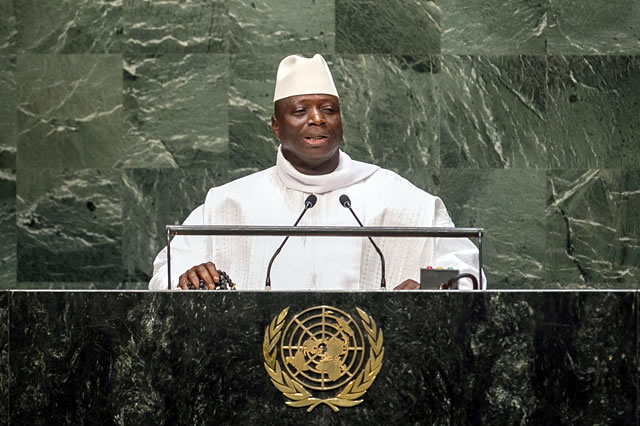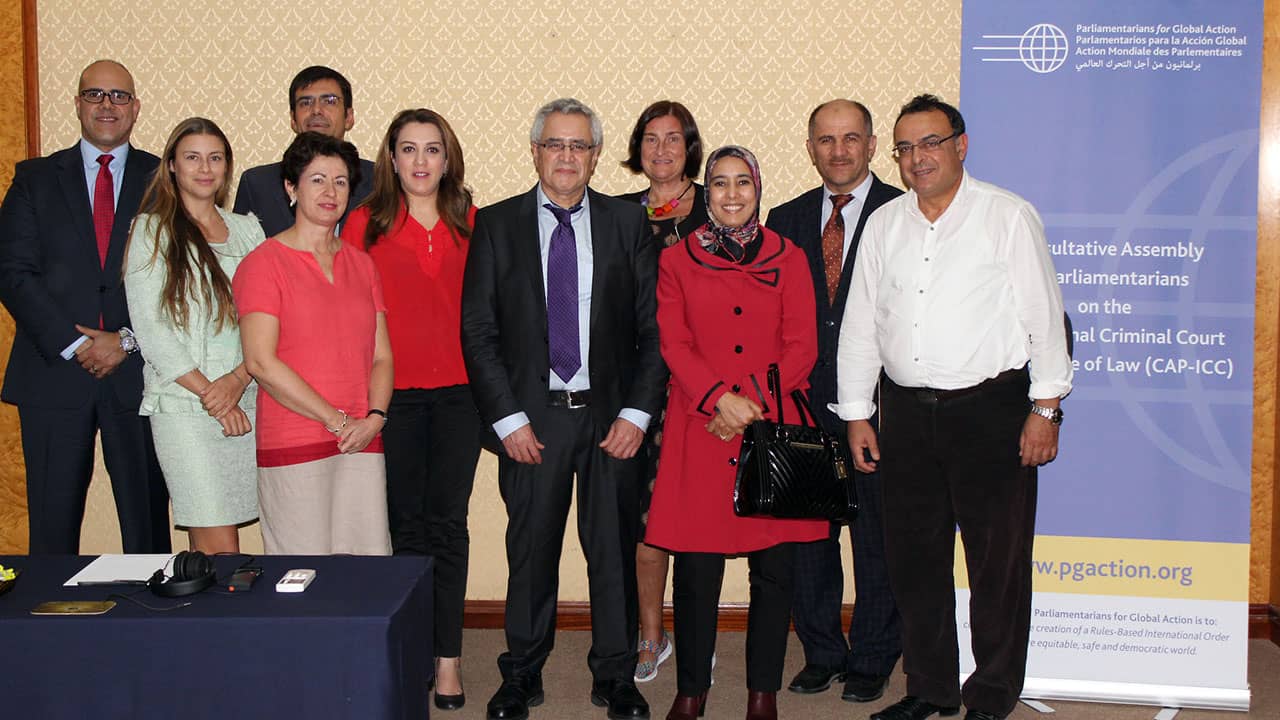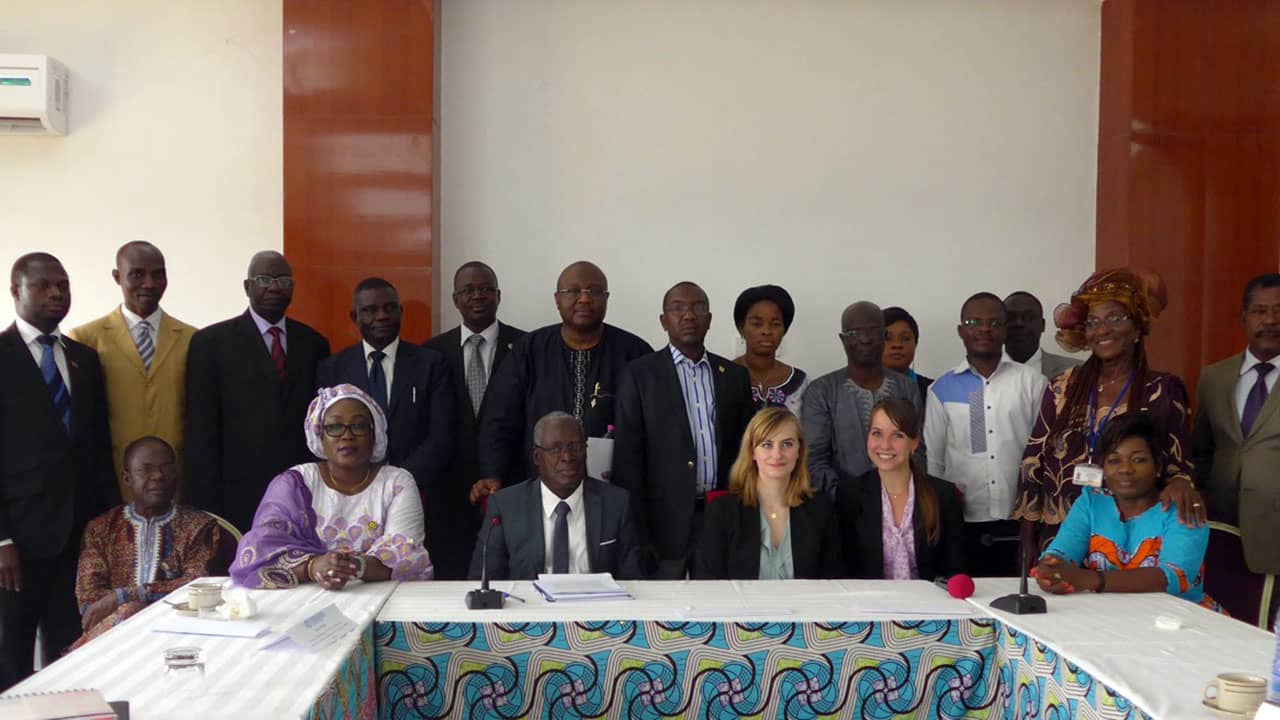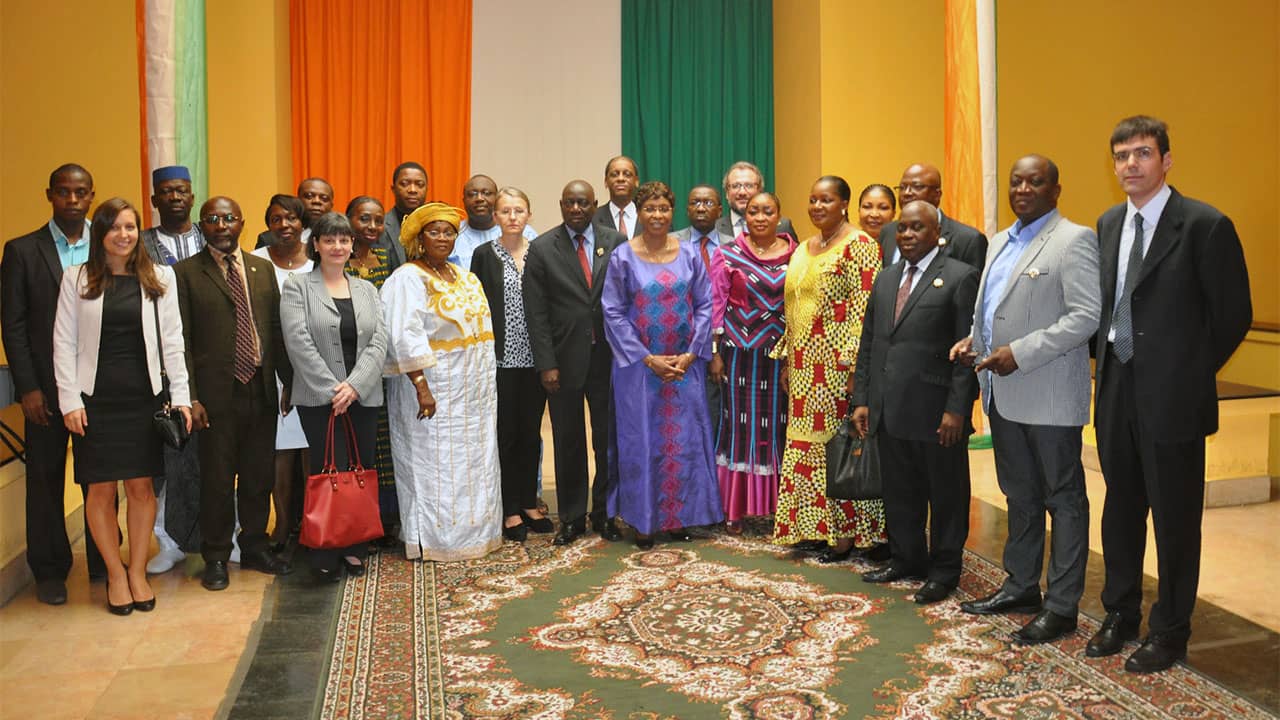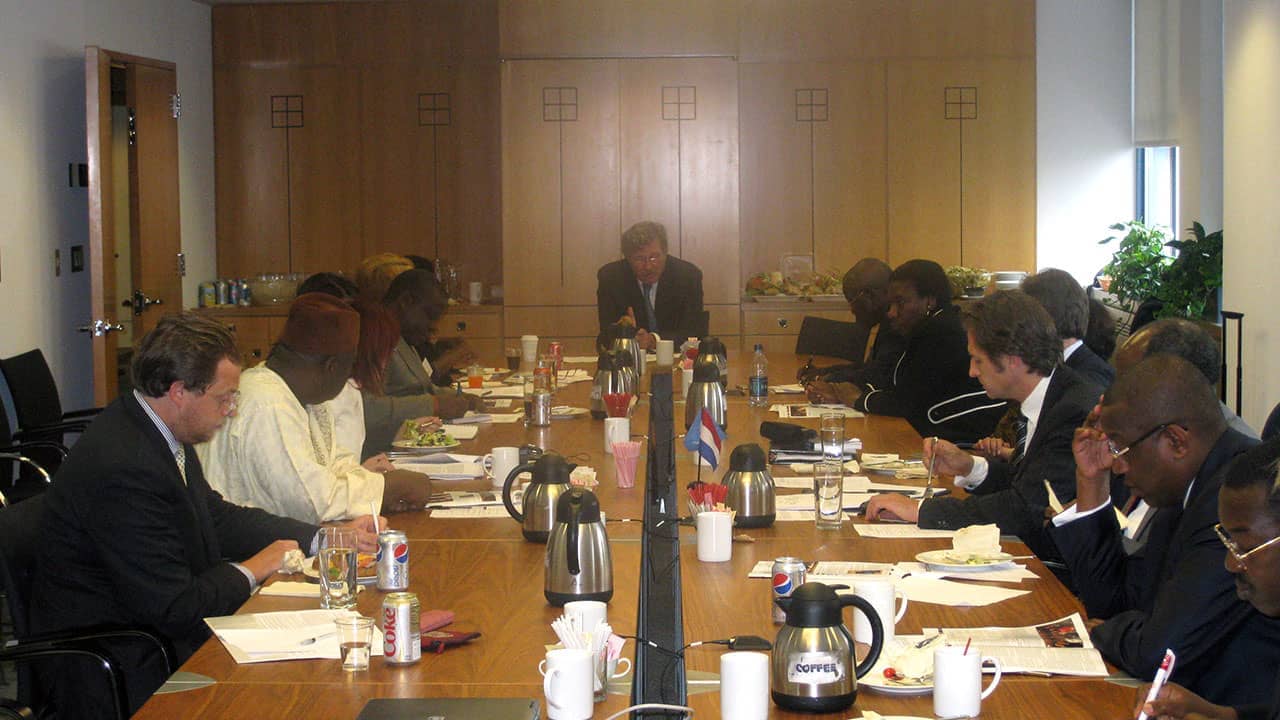Senegal and the Rome Statute
PGA has been mobilizing Senegalese MPs to promote international criminal justice since 2014.
| Signature, Ratification of/Accession to the Rome Statute of the ICC
|
| Signature Date: |
17 July 1998 |
| Ratification Date: |
2 February 1999 |
| Amendments to the Rome Statute
|
| Ratification of the Kampala Amendment to Article 8 of the Rome Statute on war crimes [poison and expanding bullets in NIAC] (2010): |
No |
| Ratification of the Kampala Amendment to the Rome Statute on the crime of aggression reflected in Article 8 bis (2010): |
No |
| Ratification of the Amendment to Article 124 of the Rome Statute (2015): |
No |
| Ratification of the Amendment to Article 8 of the Rome Statute on war crimes [biological weapons] (2017): |
No |
| Ratification of the Amendment to Article 8 of the Rome Statute on war crimes [blinding laser weapons] (2017): |
No |
| Ratification of the Amendment to Article 8 of the Rome Statute on war crimes [non-detectable fragments] (2017): |
No |
| Ratification of the Amendments to Article 8 of the Rome Statute on war crimes [starvation as a war crime in NIAC] (2019): |
No |
| Adoption of implementation legislation of the Rome Statute of the ICC |
The Senegalese Criminal Code was modified by a bill n°2007-02 of 12 February 2007, and now implements most substantial provisions of the Rome Statute. Certain underlying acts that may constitute a crime against humanity and a war crime in IACs have been omitted. The bill, however, only makes reference to the principle on the “non-applicability of statute of limitations. The Code of Criminal Procedure was modified by a bill n°2007-05 of 12 February 2007 and now includes provisions regarding cooperation with the ICC. |
| Cooperation Agreements |
| Ratification of Agreement on Privileges and Immunities of the Court (APIC): |
Yes, ratified on 25 September 2014. |
| Signature of Agreement of Enforcement Sentences with the ICC: |
No. |
| Signature of Agreement of Interim and Final Release with the ICC: |
No. |
| Signature of Bilateral Immunity Agreement with the USA: |
Yes, signed at Dakar 19 June 2003 and entered into force on 27 June 2003. |


